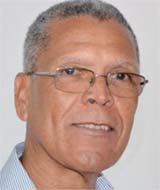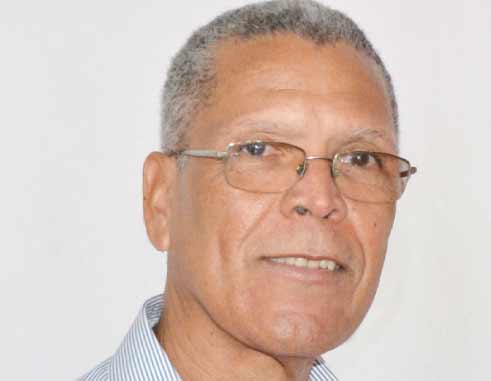
SHORTLY after assuming office, Government approached the Caribbean Development Bank (CDB) for advice on the management of our economy. Unsurprisingly, the answer provided by the CDB was by and large identical to that provided by Dr. Reginald Darius (then Permanent Secretary in the Ministry of Finance) in 2013 and espoused by Dr. Anthony in his budget address of that year.
That advice remains essentially that we must contain expenditures on wages/salaries and on transfers and subsidies; limit capital spending to priority areas with high developmental impact; and enhance the efficiency of collections (CDB Review, 5a, 5b, pg. viii).
With respect to debt management, the CDB also observed that, “Notably absent, however, is the targeting of concessional resources to keep down the cost of debt, which could be invaluable in improving the cost and maturity profile of the debt” (Section 1.13).
Many people interpreted the CDB’s observation as being a hint to the government that it should approach the International Monetary Fund (IMF) to assist with the rescheduling of its debt and, when asked if his new government would do so, Prime Minister Allen Chastanet reportedly advised that “all cards were on the table”.
The Opposition’s reaction was immediate, if predictable, as they covered themselves in the glory of not being the first political party to take the country to the IMF, a claim later repeated by Dr. Anthony.
But while the IMF has a well-deserved reputation for inflicting economic hardship on countries that seek its assistance, in more recent times the Fund has assisted countries that have developed “home-grown” structural adjustment programmes.
And so, to better understand Dr. Anthony’s boast of not having approached the IMF, we need to consider what the IMF would have required of the country under the terms of any assistance. That advice is available from the Staff Report of the IMF Article IV Consultation concluded on November 20, 2015 and published February 18, 2016, (imf.org/en/Publications/CR/Issues/2016/12/31/St-43713).
According to the IMF, its “Staff recommended the adjustment rely more on current expenditures …. In particular, the scenario envisages only a modest effort in the next fiscal year of % of GDP … — in light of the elections — …. In each of the next three years, the adjustment would be 1% of GDP” (Section 22, pg. 15). This would enable us to achieve the ECCB debt target of 60% of GDP by 2030/2031.
The Report continues with, “In its proposed package of measures, staff saw room for important savings from anchoring growth in the wage bill solely to inflation and by reducing public employment through attrition. Additional measures could include freezes of central government grants to organizations and of the envelope for government employee transportation allowances, higher health care fees and the elimination of non-targeted food and LPG subsidies”.
These 2016 IMF recommendations are not any prescription for severe economic pain; neither are they markedly different to the recommendations made by Permanent Secretary Darius and by Dr. Anthony, in 2013. Everyone agrees that these adjustments are necessary; yet, no one is prepared to act.
There is a cost to our inaction, however, as the average interest charge on IMF funding in September 2017 was 1.554% (imf.org/external/np/fin/data/queryoutput.aspx?origin=imf-finances) while CDB advises that the average interest charge on our domestic debt was 7.5%, (CDB Review, Section 1.12). Not only are we, therefore, throwing away 6% interest on whatever level of refinancing of domestic debt can be achieved through the IMF, but we are also strangling ourselves with the higher repayments of principal of the short-term debt while our debt itself continues to increase.
Meanwhile, while both the UWP and SLP administrations have advised that growth is the key to our economic recovery, the CDB has also warned us that we cannot simply grow our way out of our mismanagement of the economy as this would require an-impossible-to-achieve rate of growth of between 10% and 12% per year if the economic measures proposed by government last year were implemented (CDB Review, Section 2.09). Neither would we be able to grow our way out of debt if no new measures were implemented (Section 2.06).
One year after that joint CDB/GOSL press conference on September 22, 2016, we have heard nothing further on those financing adjustments that we will eventually have to make.
And so, instead, we keep digging our economic grave while Dr. Anthony, the driver most responsible for driving our economic bus over the cliff, tells us that he is proud to have refused to call the IMF ambulance (see debt build-up in “Any Cook In Finance?”).
It is time to face that reality to which Dr. Anthony referred in 2013 and we, therefore, encourage our Prime Minister to turn the IMF card face up on the table and to start this discussion on obtaining their assistance now.
We also encourage the Opposition to identify the specific IMF recommendations to which they object and to offer alternatives.
It would be a great day if our two political parties would for once set aside their differences and collaborate in the best interest of our country. But don’t hold your breath waiting for it.














David I ran a late comment last week. You probably missed it. Check it out